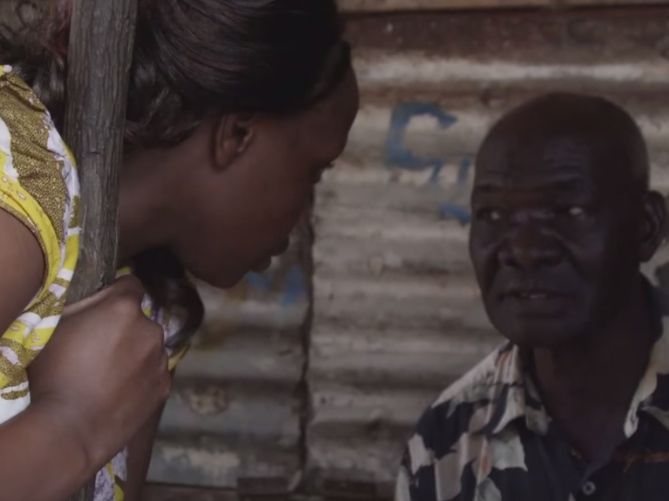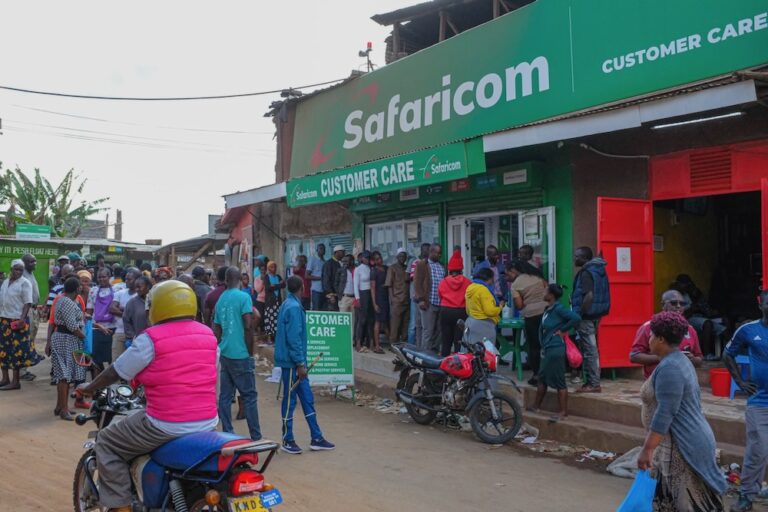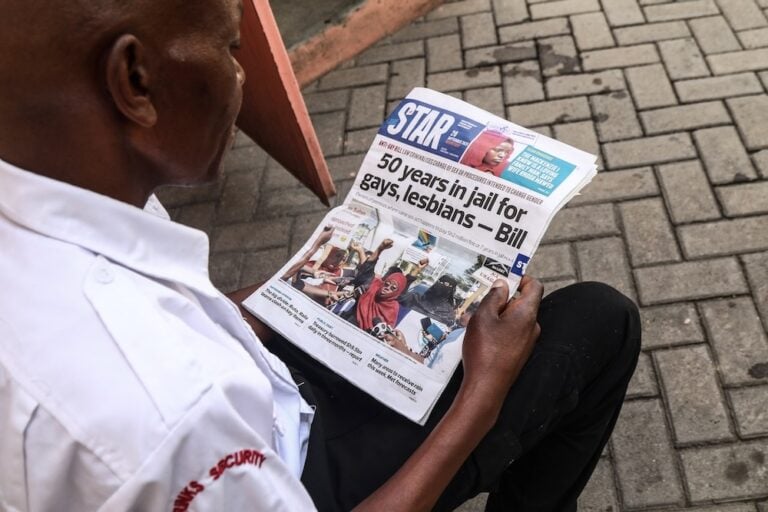Kenyan activist Phyllis Omido is being recognised for standing up to the people running a poisonous smelter that endangered her community in Mombasa.
This statement was originally published on hrw.org on 22 April 2015.
Today, on Earth Day, six grassroots environmental activists awarded this year’s prestigious Goldman Environmental Prize will be honored during a ceremony in Washington, DC. One of the six Goldman Prize recipients is Kenya’s Phyllis Omido, who stood up to people running a poisonous smelter that endangered her community.
Phyllis worked in the office of a lead smelter in Mombasa, Kenya, when her baby, King David, became sick. She was shocked to learn that he had acute lead poisoning, and more shocked when she started asking around and found that many people around her – workers and neighbors to the smelter – were also sick or dying.
She mobilized against the company running the smelter, writing numerous letters to Kenya’s environment and health agencies. She marched in the streets of Mombasa and organized to have children tested for elevated blood lead levels—despite death threats and an attempted kidnapping of Phyllis and her son. Human Rights Watch began working with Phyllis in 2011, documenting the extent of lead poisoning in the community. In June 2014, Human Rights Watch released a video telling her story and calling on Kenya to fulfill its residents’ right to a healthy and clean environment.
Phyllis’ tireless work paid off: in August 2014, members of the Kenyan Senate Health Committee visited the community, spoke with residents, and toured the shuttered smelter. Last January, Kenya’s health ministry and the county government of Mombasa began carrying out tests on residents to determine levels of lead contamination. But in Kenya, more needs to be done – both to address and clean up the lead poisoning and to improve enforcement of Kenya’s strong environmental laws.
Like all Goldman Prize winners, Phyllis will receive $175,000 for her “sustained and significant efforts to protect and enhance the natural environment, often at great personal risk.” And land and environmental defenders are at risk. A new Global Witness report estimates at least 116 were killed in 2014, a 20 percent increase from the year before. Last month, the United Nations expert on human rights and the environment called on governments to “protect environmental human rights defenders from harassment, interference and even death.” For Phyllis and others like her to continue their crucial work, this needs to become a reality.



